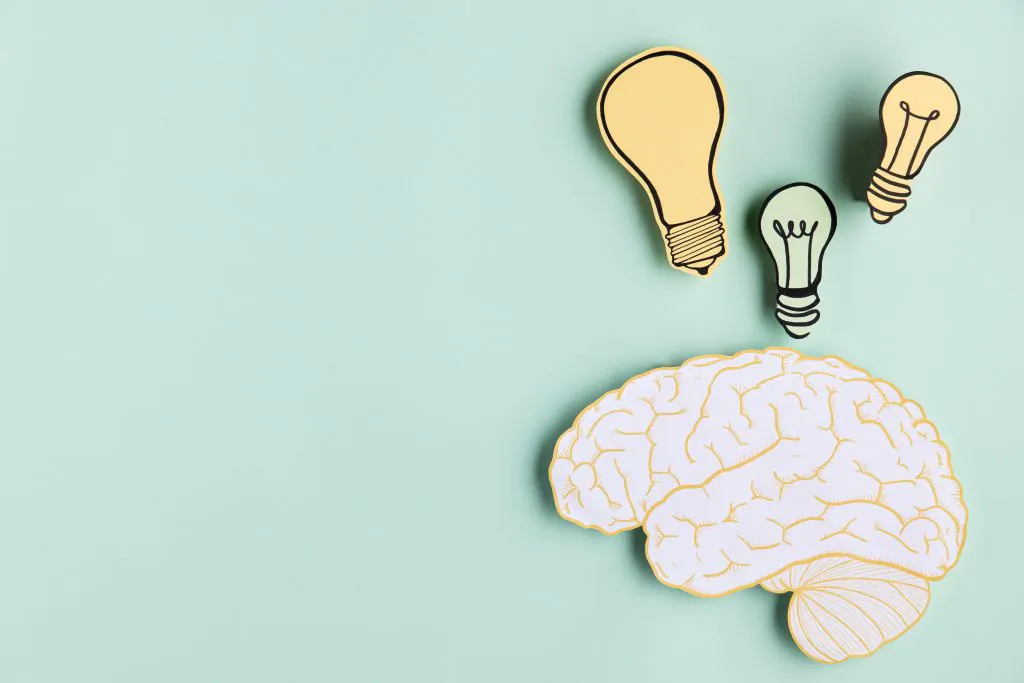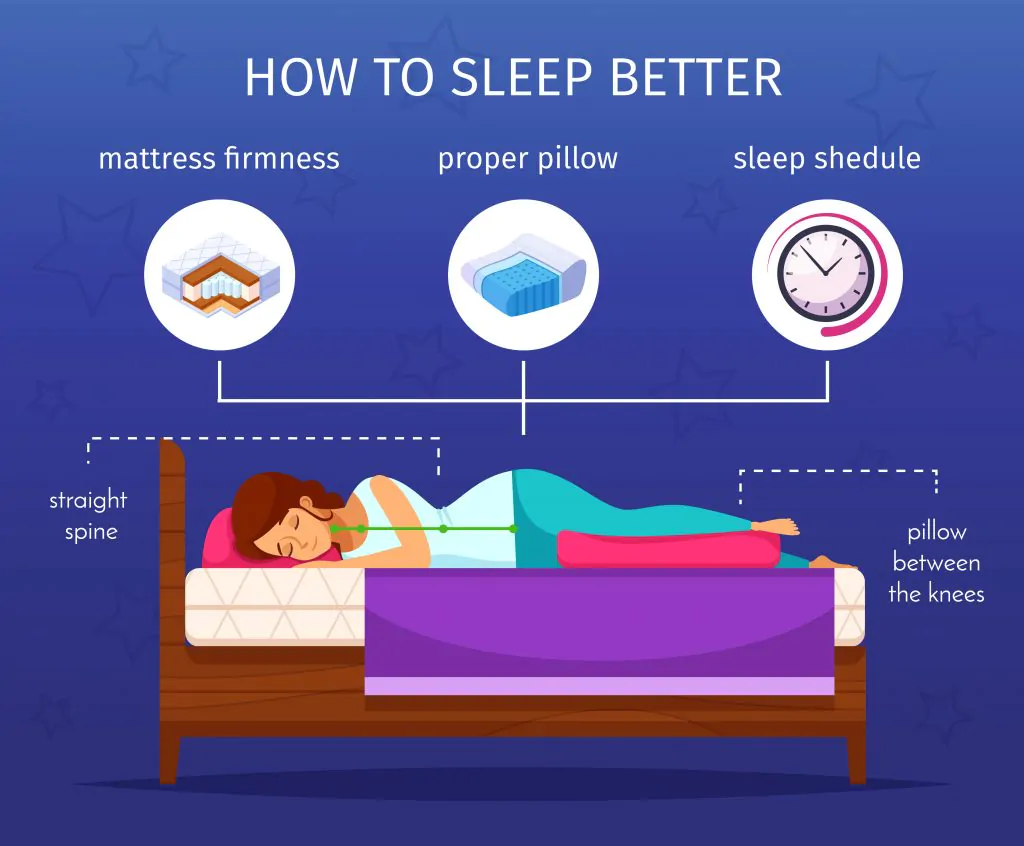Though very difficult, there are some ways to live and cope with depression. It is acceptable to feel sad, but you should get support if your sadness starts to control your life. Everybody has experienced sadness at some point. Usually, it is brought on by dissatisfaction, anger, or losing someone.
Being sad is common. People carry on with their lives as the wounds health and the attitude improves with time. But for other folks, symptoms of depression can be so extreme that it takes over their life and makes it impossible for them to function as they normally would. This level of depression is a disease or medical condition that requires treatment.

How To Cope With Depression
It is sad but true that there is no treatment that can cure depression completely. We must learn the ways of living with depression. To deal with a depressed mood is easier said than done. When you have depression, everything feels more difficult. It might be challenging merely to get out of bed, go to work, or interact with friends. You may however take certain steps to better manage your symptoms and your quality of life. In this article, six easy ways to deal with a depressed mood are provided for coping with it.
1. Keep Your Mind Occupied Always
The common problem with depressed mood is overthinking without doing anything. Mind carrying a ton of things but physically quite inactive. Though very difficult to practice, understanding the initial cause that makes you start thinking or avoiding the triggers can be very useful in dealing with your depression. The idea is very simple, you have to stop that thinking by involving yourself in some activity. Activities can be your daily chores or doing things you love.

Maintaining an active lifestyle and taking on regular duties will help you fight depression. Human welfare depends on activity, which also maintains a person’s sense of value and gives their days meaning and satisfaction. When someone expresses resistance to participating in an activity or apathy, we may need to think of alternative ways to engage them or stimulate their interest.
Supporting people with mental illness to be active can be essential to preserving quality of life as being excluded and withdrawing from community activities are relatively prevalent in these individuals. Whatever we do from the minute we get up in the morning until bedtime can be considered engaging them in activities.

2. Write Down Your Thoughts
Journaling is the practice of writing down your innermost feelings, ideas, insights, and more. It can be typed, written, or illustrated. Both paper and a computer can be used. It is an easy, inexpensive method of enhancing your mental well-being.
Write your thoughts down in a private journal. It’s a tool for keeping track of emotions like fear, hurt, anger, guilt, shame, and sadness. By writing down your ideas, this assists you in engaging in reflection.

You can have a better understanding of a challenging circumstance by writing down your feelings about it. Writing down and organizing an experience helps you develop new perspectives on what happened. According to a survey, people who wrote expressing their experiences were better able to manage them compared to those who wrote about neutral experiences. Another finding of this study showed that penning about feelings in an abstract fashion was more relaxing than writing about them in detail. Some people might feel more inclined to seek out social support if they write in private about a difficult experience. This can aid in emotional recovery.
Starting a journal is challenging. Writing every day can seem like labor, and for some individuals, that may be a turnoff. But even if you don’t journal every day, its benefits might still be felt.

3. Have Some Goals
Your self-esteem may suffer if you believe you are powerless to make any progress. Set yourself daily objectives as a way to push back. For your own benefit, try setting manageable goals and attempting to achieve them. Your motivation to work hard toward such goals can help keep you distracted and keep you away from negative thoughts.
Spend some time considering what you actually want to do rather than dwelling on what you aren’t accomplishing. Goals represent the things you most desire, and setting attainable goals is the greatest approach to ensure that you achieve them. Having a strategy for how you are going to get there is key when defining and generating goals for yourself. How else am I going to attain this goal, ask yourself? It’s fine to have large plans and aspirations for yourself, but try to set smaller, more manageable goals along the way to help you get there. Make a mini timeline of tasks to perform that will bring you closer to attaining your major objective.

When you succeed in your goals, you may feel pleased with yourself and experience an increase in the self-esteem. Goals can greatly improve your mental well-being. One of the benefits of achieving goals is to give you a sense of direction, make you accountable, and shine light on a sense of self. The intention is that these goals will add more happiness to your life and ease any challenges you might be experiencing at any time of year.
4. Cut Your Junk Foods and Eat Healthy
Choosing healthy foods is one of the cornerstones to maintaining a healthy body. Your risk of physical health issues can be significantly decreased by eating a diet high in berries, fruits, veggies, whole grain, legumes, low-fat dairy products, and lean meats, chicken, and fish. You might not be aware, but healthy eating can also maintain your mental wellness. Good overall nutrition is crucial for your mental health, even though no one nutrition or dietary strategy can cure depression. Maintaining the health of your brain requires eating foods high in protein, fatty acids, complex carbs, important vitamins, and minerals.

There is no such thing as a miracle diet that can cure depression. However, watching what you are consuming daily is a good idea. If your depression causes you to overeat, taking control of your diet will make you feel better.
Inflammation caused by sugar and processed meals can affect the entire body, including the brain, and may be a factor in mood disorders including anxiety and depression. We frequently turn to processed meals when we need a fast pick-me-up, when we are feeling stressed or depressed. Coffee replaces a full breakfast during busy or challenging times, and fresh fruits and vegetables are swapped out for high-fat, high-calorie fast food. When depressed, an ice cream cone serves as a meal.

The American Dietetic Association claims that when we are sad or under stress, we frequently eat too much or too little. If you eat too much, you’ll experience fatigue and weight gain. It is difficult to quit this habit of eating too little because of the weariness it causes. In any scenario, eating poorly while stressed out or depressed just makes things worse. Even though this cycle is destructive, it can be broken.
Focus on consuming a lot of fruits and vegetables, as well as meals high in omega-3 fatty acids, like salmon, to improve your mental health. Particularly healthy for the brain are dark green leafy veggies. Also great for the brain are nuts, seeds, and legumes like beans and lentils.
5. Try Maintaining Healthy Sleeping Habits
Sleep might have an impact on your emotional control. If you have a period of poor sleep for several weeks, months, or years, it might have an impact on your daily life. Besides that, sleep deprivation may have an impact on both your physical and emotional wellbeing. Lack of “good quality sleep” may sap your vitality, depress your mood, and impair your attention. It can also harm your relationship, immune system, job and social life. All of these are directly or indirectly related to depression or your overall mental health.

Just think about the night where you partied the whole night and the mood the next day becomes very groggy. This kind of less sleep due to any reasons if goes for a longer term, it aids in having a depressed mood. Besides depression, prolonged sleep deprivation causes poor focus which is related to memory and concentration. This also causes reduction in the ability to manage stress. Physically, you are more likely to get colds and infections. All of these have a direct or indirect impact on your mental and emotional health. So getting quality sleep every night is pretty much essential.

6. Practice Mindfulness and Meditation
If you suffer from depression, you may experience a loss of excitement in daily tasks as well as constant sorrow, which can be burdensome and have an impact on your relationships, employment, or health. Depression can persist although you have gone through treatment or modified lifestyle and medication.
With the help of present-moment awareness or mindfulness, we may appreciate the environment around us much more and learn more about ourselves, helping us to deal with depression. We start to perceive the world which we might have been taking for granted with new eyes as we become more conscious of the present moment. This also helps in the management of anxiety.

Setting aside time for a more structured meditation practice might be beneficial in addition to practicing mindfulness in daily life. When practicing mindfulness meditation, you sit quietly while focusing on your breathing, body parts, noises, thoughts, and other senses. When your mind wanders, you simply bring it back. You may improve your awareness of breathing by practicing yoga.
Besides all these there are plenty of mental health benefits of socializing. There are no any medicines that help in the magical way of depression treatment, but reading our blogs like above can help you living and coping with depression.

